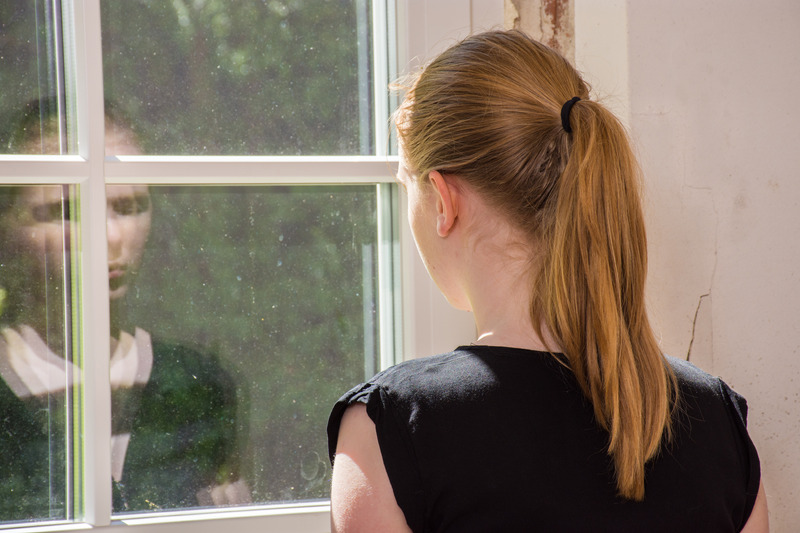by Kim Hooper
Kim is the author of the novels People Who Knew Me, Cherry Blossoms, and Tiny. Her fourth novel, All the Acorns on the Forest Floor will be published in September 2020.
In writing, there is much discussion of “the muse.” Who is it? Do we wait for him/her/it to appear, or go to work anyway? Does the fact that we talk to this muse make us schizophrenic?
When I think of my muse, I think of a very lazy queen, sitting atop her canopy bed, in satin pajamas. She smokes those long, skinny cigarettes and sips champagne at all hours of the day. She is snotty and judgmental. She has ideas, see, and she is not happy unless they are brought to life in the way she envisions. She doesn’t help with much of this bringing-to-life business. If anything, she gives me one line, usually at an inopportune time, like in the shower, or on a walk when I am without a pen, or in the middle of the night. How many times have I patted around my nightstand at 2AM in search of paper and a pen to please this demanding bitch?
The thing with muses is that, despite their demands, they are passive, not active. Mine is immortal, like a vampire (and judging by her preference for middle-of-the-night visits and the way I feel she sometimes sucks the creative life out of me, maybe she really is a vampire). She has all the time in the world. She teases me with ideas and just waits. She is happy if I finish that short story or novel, but I think she is also happy just sipping champagne and smoking long, skinny cigarettes.
It is my job, as the writer, to be active. It is my job to take what she gives me—inspiration from that news article I read, that tidbit from the family holiday gathering, a thud on the head with that same novel idea I’ve been mulling for months—and make it into something. If I take the initial first line she gives me and go with it, she’ll give me more. When I open a new Word document, she’s thrilled (or, actually, I think she’s the type to be “titillated”). If I set the table, in essence, she’ll continue to feed me.
Some days, I don’t have mental energy, and I may wait for that to return before I embark on a project, but I don’t really wait for the muse. To me, this phrase doesn’t even make sense. The muse is always there, waiting to be beckoned from her canopy bed. She might not come right away when I call her (she may be giving herself a pedicure), but she will come. She’ll hear the whir of the computer, or my pen scrawling across the paper, and she’ll come.
Photo by Anemone123–2637160

